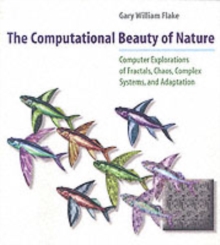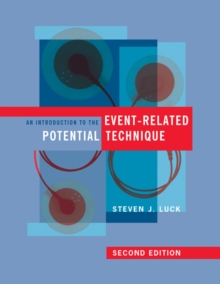
Semantics, Tense, and Time : An Essay in the Metaphysics of Natural Language Paperback / softback
by Peter Ludlow
Part of the A Bradford Book series
Paperback / softback
Description
According to Peter Ludlow, there is a very close relation between the structure of natural language and that of reality, and one can gain insights into long-standing metaphysical questions by studying the semantics of natural language.
In this book Ludlow uses the metaphysics of time as a case study and focuses on the dispute between A-theorists and B-theorists about the nature of time.
According to B-theorists, there is no genuine change, but a permanent sequence of events ordered by an earlier-than/later-than relation.
According to the version of the A-theory adopted by Ludlow (a position sometimes called "presentism"), there are no past or future events or times; what makes something past or future is how the world stands right now. Ludlow argues that each metaphysical picture is tied to a particular semantical theory of tense and that the dispute can be adjudicated on semantical grounds.
A presentism-compatible semantics, he claims, is superior to a B-theory semantics in a number of respects, including its abilities to handle the indexical nature of temporal discourse and to account for facts about language acquisition.
Along the way, Ludlow develops a conception of "E-type" temporal anaphora that can account for both temporal anaphora and complex tenses without reference to past and future events.
His view has philosophical consequences for theories of logic, self-knowledge, and memory.
As for linguistic consequences, Ludlow suggests that the very idea of grammatical tense may have to be dispensed with and replaced with some combination of aspect, modality, and evidentiality.
Information
-
Available to Order - This title is available to order, with delivery expected within 2 weeks
- Format:Paperback / softback
- Pages:280 pages
- Publisher:MIT Press Ltd
- Publication Date:24/09/1999
- Category:
- ISBN:9780262519762
Other Formats
- PDF from £26.60
Information
-
Available to Order - This title is available to order, with delivery expected within 2 weeks
- Format:Paperback / softback
- Pages:280 pages
- Publisher:MIT Press Ltd
- Publication Date:24/09/1999
- Category:
- ISBN:9780262519762










